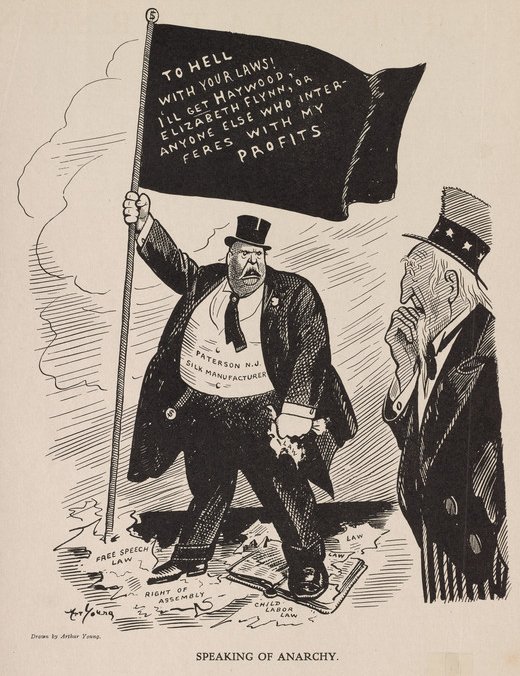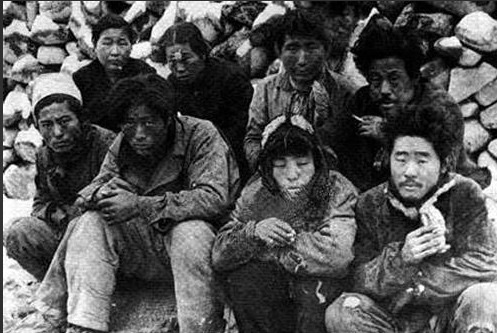Today In Labor History April 3, 1873: Washington Irving was born. Irving wrote the stories, “Rip Van Winkle,” and “The Legend of Sleepy Hollow.” In addition to writing, he also advocated for writers to be treated and paid as professionals. And he encouraged other American writers, like Melville, Longfellow, Hawthorne and Poe.
April 3, 1882: Robert Ford shot and killed Jesse James.
April 3, 1895: Oscar Wilde’s libel trial began. He was later imprisoned for homosexuality, as a result of testimony in this trial.
1910s

Today In Labor History April 3, 1913: Pietro Botto, socialist mayor of Haledon, N.J., invited the Paterson silk mill strikers to assemble in front of his house. 20,000 showed up to hear speakers from the Industrial Workers of the World (IWW), who urged them to remain strong in their fight.
The Patterson strike lasted from Feb. 1 until July 28, 1913. Workers were fighting for the eight-hour workday and better working conditions. Police arrested over 1800 workers during the strike, including IWW leaders Big Bill Haywood and Elizabeth Gurley Flynn. And they killed five. Overall, the strike was poorly organized and confined to Paterson. Consequently, the IWW eventually gave up. (From the IWW: Its First Seventy Years, by Fred Thompson and Patrick Murfin).
April 3, 1917: After the U.S. declared war, sailors, escorted by police, destroyed the IWW building in Kansas City. The action inspired similar attacks in Detroit, Duluth and other towns that had a large IWW presence.
1940s-1950s

Today In Labor History April 3, 1948: The Cheju Uprising and Massacre began in Korea. On the island of Cheju-do, the South Korean army slaughtered over 30,000 civilians, by official counts. This was10% of the island’s population. However, the governor of Cheju told American intelligence that the real number of casualties was closer to 60,000. The U.S. military provided intelligence and logistical support to the Korean army during the massacre.
April 3, 1950: Composer Kurt Weill died. Weill’s most famous song was Mack the Knife (“Die Moritat von Mackie Messer“), which became a schlock classic after Bobby Darin’s rendition. However, Weill wrote the song as part of Bertolt Brecht’s “Three Penny Opera,” which was a socialist critique of the capitalist world. Weill was persecuted by the Nazis for his political views and his Jewish heritage. He fled to America, with his wife, singer Lotte Lenya. Some of Weill’s other well-known songs include: Alabama Song (covered by the Doors), Pirate Jenny (covered by Nina Simone), Mack the Knife (covered by Louis Armstrong), Der Kleine des Lieben Gottes (covered by John Zorn).

